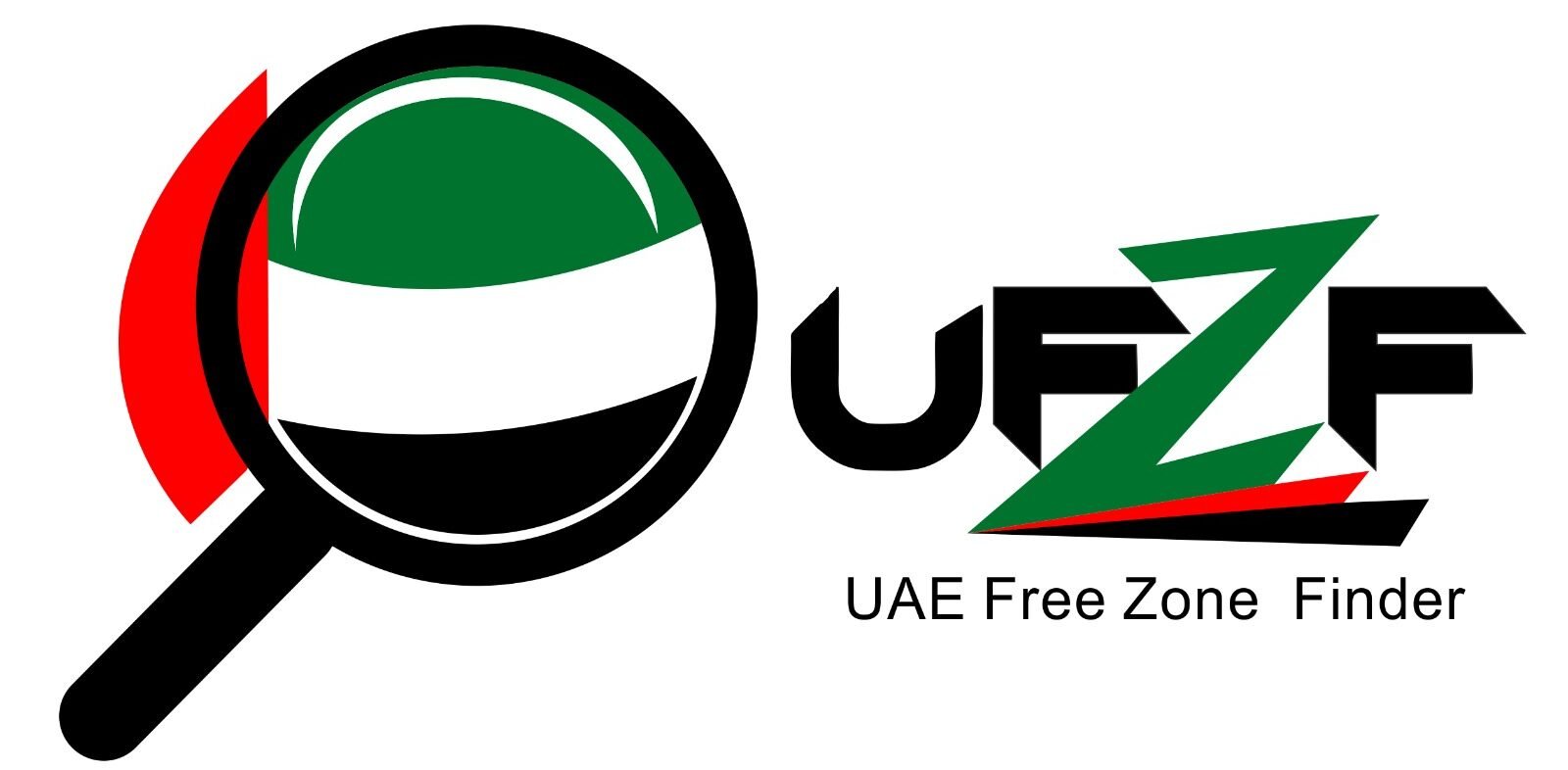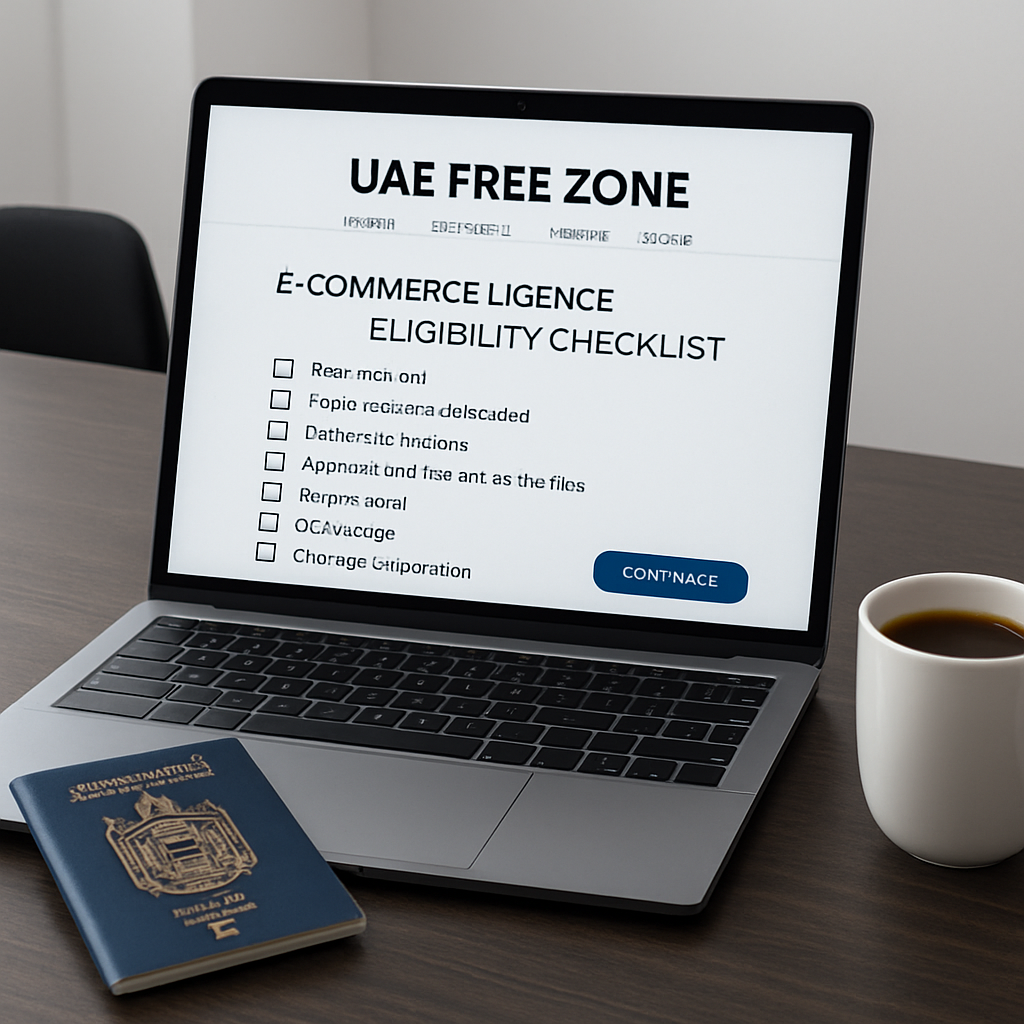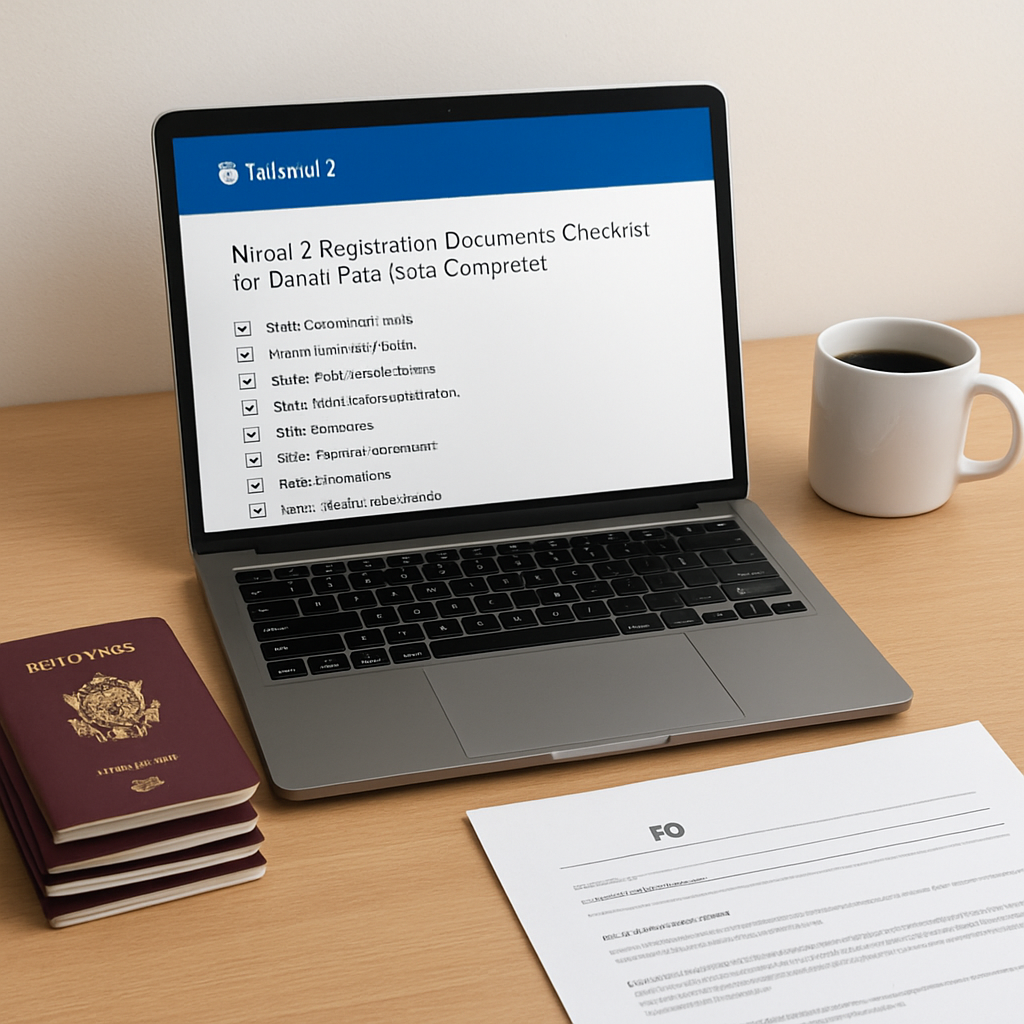Navigating the Legal Landscape: Understanding UAE Free Zone Regulations
Gain insights into the regulatory framework of UAE Free Zones and learn how to navigate the legal requirements for setting up your business in this dynamic region.
Establishing a business in a UAE Free Zone offers a wealth of advantages, but it also requires navigating a complex legal landscape. Understanding the regulatory requirements is crucial for ensuring compliance and making the most of the benefits available. This blog post provides an overview of the key legal considerations every entrepreneur should be aware of.
Key Legal Considerations for UAE Free Zone Businesses:
1. Business Licensing:
Every company operating in UAE Free Zones must obtain a specific type of business license based on their primary activities. These licenses can range from trading and services to industrial and professional categories. Understanding the nuances of each license type is crucial for maintaining compliance and optimizing operational capabilities.
2. Corporate Structure:
UAE Free Zones allow for a variety of corporate structures, such as Free Zone Establishment (FZE), Free Zone Company (FZCO), and branch offices of existing companies. Each structure has its legal implications, particularly in terms of liability, shareholding, and governance. Selecting the right structure is vital for aligning with your business goals and regulatory requirements.
3. Employment Laws:
Employment within Free Zones is governed by specific labor regulations, which differ slightly from mainland UAE laws. Businesses need to understand these regulations to manage their workforce effectively. This includes contracts, wages, working hours, and termination processes, ensuring both employer and employee rights are safeguarded.
4. Intellectual Property Protection:
Free Zones in the UAE provide robust intellectual property (IP) laws to protect businesses against infringement. Companies need to be proactive in registering their trademarks, patents, or copyrights to ensure their innovations and business identity are legally protected.
5. Compliance and Reporting:
Free Zone authorities require businesses to adhere to various compliance and reporting standards. This includes financial audits, annual renewals of licenses, and adherence to international standards like anti-money laundering (AML) and know your customer (KYC) policies.
Conclusion:
While the UAE Free Zones provide a conducive environment for business growth with numerous benefits, understanding and navigating the legal framework is essential for successful operations. Compliance not only ensures the longevity of your business but also enhances its credibility and reputation.
Looking to set up your business in a UAE Free Zone but concerned about legal complexities? Let UAE Free Zone Finder be your guide through the maze of regulations. Visit UAE Free Zone Finder today to get expert legal advice and comprehensive support tailored to your business needs.







